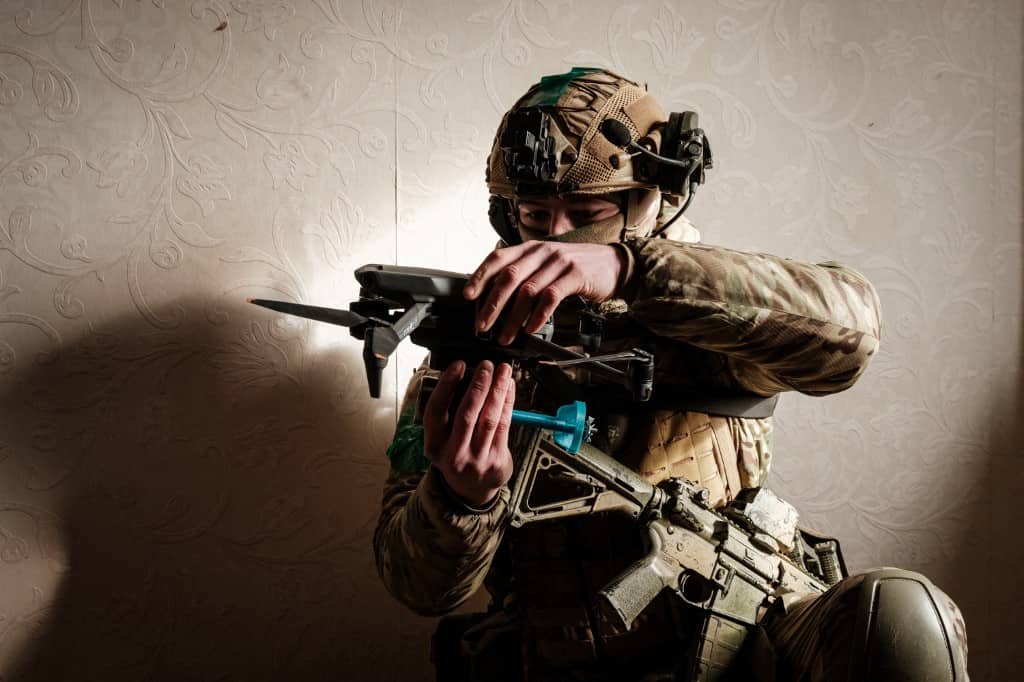Representatives of 33 countries of Latin America and the Caribbean highlighted on Friday in Costa Rica the “urgent” need to legislate internationally the prohibition and restriction of autonomous weapons -such as drones or automated weapons- to guarantee their human control.
These weapons are those “that select targets and apply force to them without human intervention”, according to the definition of the International Committee of the Red Cross.
In a communiqué, the countries called for “promoting the urgent negotiation of a legally binding international instrument” in order to regulate “with prohibitions and regulations (…) (autonomous) weapons systems”.
The debate took place, in Costa Rica, in the town of Heredia, near San José, during the “Latin American and Caribbean Conference on the Impact of Autonomous Weapons”.
During two days representatives of regional governments, international institutions and organizations, NGOs, experts and civil society addressed the importance of the human factor in the operation of a weapon.
This is established in the Geneva Convention signed in 1949 at the end of World War II, a kind of set of ‘rules of war’.
However, the use of artificial intelligence and algorithms that learn from experience make it possible to configure weaponry that can make its own decisions about what is and what is not a target, without the need for human judgment to act.
International legislation
The UN High Representative for Disarmament Affairs, Izumi Nakamitsu, pointed out in a projected video that attempts have been made for nine years without success to generate a regulatory framework in this regard.
At least 82 member states have expressed their opposition within the United Nations.
“This will ensure its use within international law and that human beings remain responsible for decisions made on the use of force,” the UN representative said.
Nakamitsu said U.N. Secretary-General Antonio Guterres warned of the “serious humanitarian, legal and ethical concerns raised by these systems” if a protocol regulating them is not achieved.
Humanitarian priority
For the moment, the United Nations has documented only one case of the use of this type of weapon: the use in 2020 in the conflict in Libya of Turkish drones “which had a fairly significant autonomy capacity”.
The United States and Russia are the main developers of this type of autonomous weapons, according to experts consulted by AFP.
Mirjana Spoljaric, president of the International Committee of the Red Cross questioned at the conference whether one can “tolerate a world in which conscious decisions about human life are replaced by automatic calculations.”
“These issues represent an urgent humanitarian priority today,” added Spoljaric, who encouraged a ban on such weapons.






